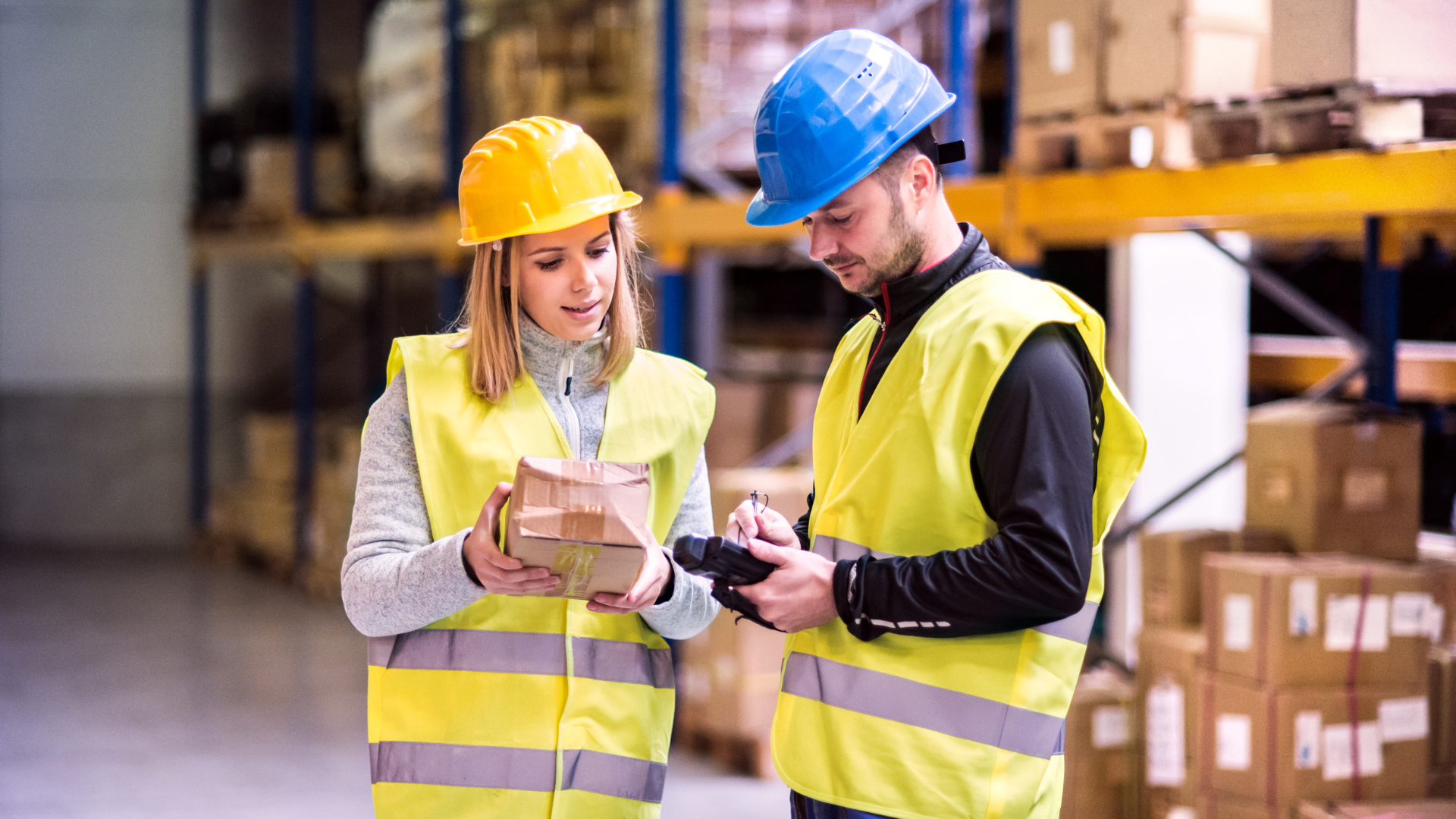
Warehouse Safety: Barriers to Excellent Protection
Fatal injuries, falling objects, and crushing injuries are some of the main reasons for injuries in warehouses. Warehouse safety is crucial for a business.
There are a variety of different types of warehouse safety barriers. Barrier systems can be extremely heavy, light, or a combination of both. Barriers can be made out of plastic, metal, or timber and in many different lengths and widths. They should be chosen according to the specific building conditions, including ground surface and climate.
Here Are Barriers to Excellent Protection for Warehouse Safety:
Fall Protection
Fall protection barriers are required for the warehouse in order to prevent injuries. Some warehouse owners tend to equip the facility with a ladder platform for stairs that can assist workers to manage inventory at a height without the risk of falling. Similarly, other warehouses prefer installing barriers for fall protection. The barriers include a guardrail system, safety netting, roof fall protection, and others.
The safety netting and guardrail system help prevent falls from the shelves and roof edges; the guardrail system also prevents employees from falling off the top shelves. The warehouse safety barriers are portable and can be installed quickly and easily. They can be used to secure ladders, shelves, doors, walkways, storage racks, work benches, and stages. The safety barriers are flexible and can be assembled into a variety of configurations, making them suitable for a range of situations and environments. These barriers are great for preventing trips, falls, and falls as well.
Floor Protection
Ensuring warehouse safety requires careful planning and the implementation of effective measures such as walkways and floor protection barriers like stanchions and gates. These safeguards are essential to restrict access and prevent accidents. Creating a safe working environment is paramount for warehouse operations, and this involves providing employees with appropriate safety workwear and equipment.
Floor protection is of utmost importance and should never be overlooked, as neglecting it can result in dangerous accidents like slips, trips, and falls. One way to mitigate these risks is to install non-slip Flooring from Commercial Flooring Contracts (or a similar company). This type of flooring is specifically designed with slip-resistant properties, significantly reducing the likelihood of workers experiencing trips and falls.
Protection from electrical hazards
Not many warehouse managers might give thought to this. But electrical issues are quite prominent in warehouses. Faulty electrical equipment, exposed wires, and even lighting problems could cause fires in the building, which might lead to property damage as well as casualties. Hence, it is best to get the electrical wiring and systems inspected at regular intervals.
Luckily, there happen to be a handful of firms that offer electrical testing in Manchester and across the world, which can be contacted for the job. They can conduct an electrical installation test and offer a report for the same so that warehouse managers can act on the issues before it becomes fatal.
Protection from hazardous chemicals
In order to create a safe working environment, it is important to label all kinds of hazardous substances/ chemicals. Labelling can ensure that workers are aware of what kind of a substance is stored, how dangerous it can be, and how to handle them. Labels can also inform of what to do before using them, such as wearing a mask or safety goggles. If a substance has the potential of causing fatal injuries, warehouse authorities are required by law to provide that information on the labels. Some of the precautionary statements that can be used on hazardous substances are:
Facilities can make use of Warehouse Magnetic Labels to keep workers informed about the presence of hazardous substances. These are far better than their plastic counterparts because the former can withstand oil and water spill-related damages and moderate heat. Since magnetic labels are resilient, you would not need to replace them often, which can help in cutting down business costs.
Perimeter Protection
Barriers (also known as barricades and perimeter protection) are important for warehouse safety. The primary purpose of warehouse safety barriers is to prevent unauthorized access to areas. They can be set up in the aisles and in the aisles to ensure that employees can do their job without tripping over anything. Warehouses need barriers for excellent protection. Warehouses are dangerous places to work. You are much better protected with Randall, stilts, construction barriers, and guards to patrol your warehouse. Warehouse safety barriers are designed to be sturdy, durable, and meet specific safety standards. They reduce the possibility of accidents.
Roof Protection
Warehouse safety is a tough job. You need to protect your employees from hazards in the workplace, and all safety measures should be implemented quickly. But this is something that must be taken seriously. Safety barriers should be installed around loading docks, forklifts, and machinery. The railings must be installed correctly and insulated, and the barriers must withstand most weather conditions. When installing a safety barrier, you need to incorporate safety fall protection measures. Some fall protection measures include nets, guard rails, and railings. However, when fall protection measures are combined with safety barriers, they protect your entire warehouse from hazards. If safety barriers are installed correctly and regularly checked, then they keep your employees safe at all times.
A warehouse safety barrier gives workers freedom of movement without the risk of coming into contact with moving vehicles or machinery. Barriers to Warehouse Safety can be installed or suspended from an overhead track to reduce worker injury. When a warehouse is divided into different operational zones and covered by barriers for warehouse safety, workers can move from one area to another without being exposed to potentially dangerous machinery. Warehouse safety barriers are a necessity in any business. Whether it’s a single barrier or a whole line of barriers, they help keep accidents from taking place. They are easy to use and easy to maintain, and they give workers added protection.

Comments (0)